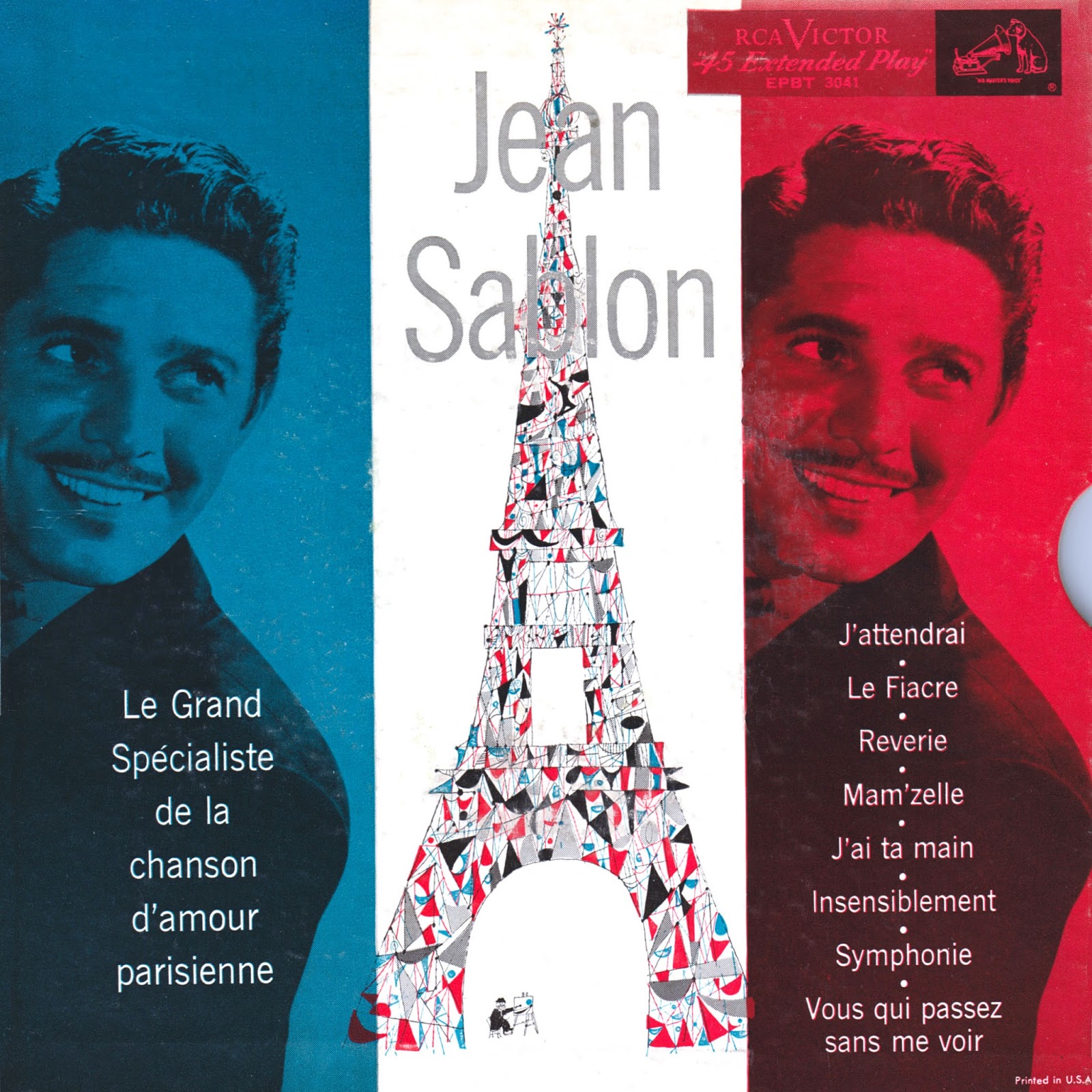A large number of reups this evening, all from requests. These have been remastered where noted. As usual, the items from several years ago exist only in mp3 form, and the sound may be short of splendid. The sonics of the remastered materials are generally excellent.
Links for all these reups can be found in the comments to this post. Check the original post for more information by using the appropriate keyword link at right.
Abbe Lane - Where There's a Man (the sultry singer in Living Stereo, no less)
Babes in Arms; Jumbo (an entry in the 1953 RCA "Show Time" series; remastered and repitched)
Band Wagon (another item from the RCA "Show Time" series; repitched and remastered)
Bob Manning - Capitol EPs and Singles (unavailable Capitol singles from the big-voiced baritone; remastered)
Bobby Troup! (the excruciatingly hip 10-inch Capitol LP; remastered)
Hansel and Gretel (Barbara Cook in this soundtrack from TV; mp3 only)
Kay - Western Symphony; Thomson - Filling Station (excellent ballet scores for Balanchine; mp3 only)
Lisa Kirk - RCA Victor Singles (the wonderful stage contralto - one of my favorites; repitched and remastered)
Rose Marie - Show Stoppers (in between being the child star Baby Rose Marie and a Dick Van Dyke sidekick, she was a cabaret singer)
Stubby Kaye - Music for Chubby Lovers (the beloved Broadway character sings for you; features what Will Friedwald calls one of the great album covers of all times)
Thomson - Louisiana Story; Five Portraits (the Philadelphia performances conducted by Ormandy and the composer, courtesy of Joe Serraglio; remastered)
Thomson - Three Pictures; Five Songs (more Philadelphia performances conducted by Ormandy and the composer, courtesy of Joe Serraglio; remastered)
Yeomen of the Guard (promo EP for a Barbara Cook-Alfred Drake TV performance; new transfer)
Links for all these reups can be found in the comments to this post. Check the original post for more information by using the appropriate keyword link at right.
Abbe Lane - Where There's a Man (the sultry singer in Living Stereo, no less)
Babes in Arms; Jumbo (an entry in the 1953 RCA "Show Time" series; remastered and repitched)
Band Wagon (another item from the RCA "Show Time" series; repitched and remastered)
Bob Manning - Capitol EPs and Singles (unavailable Capitol singles from the big-voiced baritone; remastered)
Bobby Troup! (the excruciatingly hip 10-inch Capitol LP; remastered)
Hansel and Gretel (Barbara Cook in this soundtrack from TV; mp3 only)
Kay - Western Symphony; Thomson - Filling Station (excellent ballet scores for Balanchine; mp3 only)
Lisa Kirk - RCA Victor Singles (the wonderful stage contralto - one of my favorites; repitched and remastered)
Rose Marie - Show Stoppers (in between being the child star Baby Rose Marie and a Dick Van Dyke sidekick, she was a cabaret singer)
Stubby Kaye - Music for Chubby Lovers (the beloved Broadway character sings for you; features what Will Friedwald calls one of the great album covers of all times)
Thomson - Louisiana Story; Five Portraits (the Philadelphia performances conducted by Ormandy and the composer, courtesy of Joe Serraglio; remastered)
Thomson - Three Pictures; Five Songs (more Philadelphia performances conducted by Ormandy and the composer, courtesy of Joe Serraglio; remastered)
Yeomen of the Guard (promo EP for a Barbara Cook-Alfred Drake TV performance; new transfer)






































